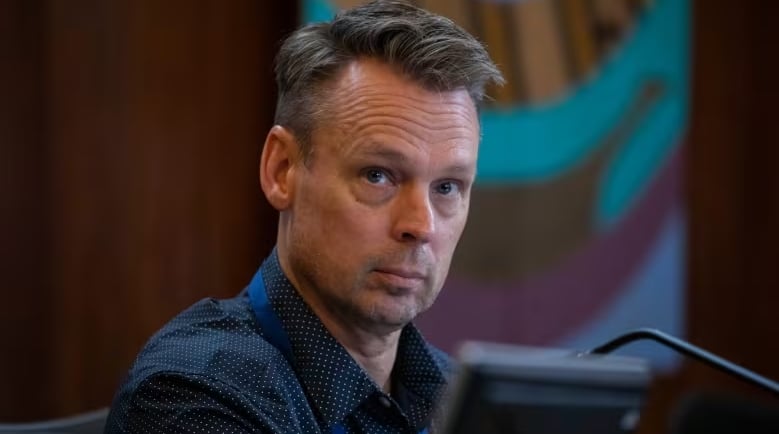City of Vancouver to Explore Allowing Police Access to Traffic Camera Footage
Liam O'Connell
10/24/20242 min read


The Vancouver City Council voted Wednesday to explore granting the Vancouver Police Department (VPD) access to the city’s network of traffic cameras, raising a debate between the potential benefits for law enforcement and concerns over privacy rights.
The proposal, introduced by Coun. Brian Montague, a former VPD spokesperson, and Coun. Peter Meiszner, aims to provide police with real-time and historical footage from the city's 221 traffic cameras. Supporters argue that access to these cameras would help police respond more effectively to various incidents, including crimes in progress, missing persons reports, and natural disasters.
"Traffic cameras can offer real-time visual information, aiding police in managing resources during emergencies,” Montague explained.
The current system in Vancouver only provides live traffic camera feeds, which are not recorded or stored for future investigations. Under the new plan, police could gain access to both live and archived footage on an as-needed basis.
While advocates of the proposal emphasize its potential to improve public safety and resource management, critics are concerned about the impact on residents’ privacy rights. Opponents, like Coun. Pete Fry, have warned that the use of camera footage could infringe on people’s Charter rights and allow unwarranted surveillance of public gatherings. Fry suggested that if footage is shared with police, it should require a warrant to protect privacy.
Sgt. Steve Addison, a VPD spokesperson, welcomed the idea and noted that the department would collaborate with city staff and the privacy commissioner to establish proper guidelines for using the footage. He highlighted the potential for traffic cameras to assist in investigations related to missing persons, traffic collisions, and serious criminal matters.
The motion was ultimately amended to require city staff to evaluate how the plan would affect privacy rights before any final decision is made. The council passed the motion, with Fry voting against it, and staff are expected to report on the legal, financial, and operational aspects of the plan by early 2025.
Concerns about privacy were raised by the B.C. Civil Liberties Association, whose representative, Aislin Jackson, cautioned that police access to traffic cameras could violate residents’ rights against unreasonable search or seizure. Jackson stressed the importance of privacy in protecting freedoms like expression and assembly, and suggested that requiring police to obtain a warrant would be a less intrusive way to balance safety and privacy.
The debate mirrors similar discussions in other cities, where police departments have been granted access to traffic camera footage under certain conditions. In Surrey, police utilized city surveillance in the investigation of the death of Hardeep Singh Nijjar in 2023. In Toronto, police must request permission from the city each time they need to access traffic camera footage.
City staff will now examine the full implications of the plan and provide a report in 2025 to guide the next steps.
News
Stay updated with the latest BC news stories, subscribe to our newsletter today.
SUBSCRIBE
© 2025 Innovatory Labs Inc.. All rights reserved.
LINKS
